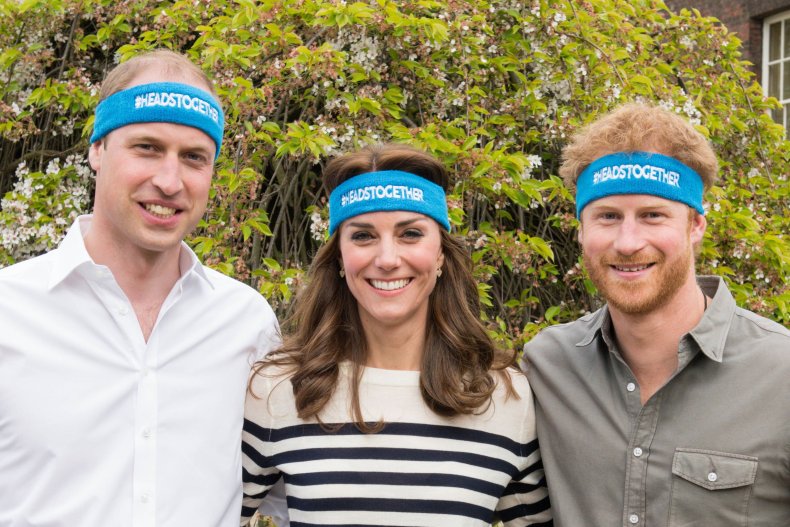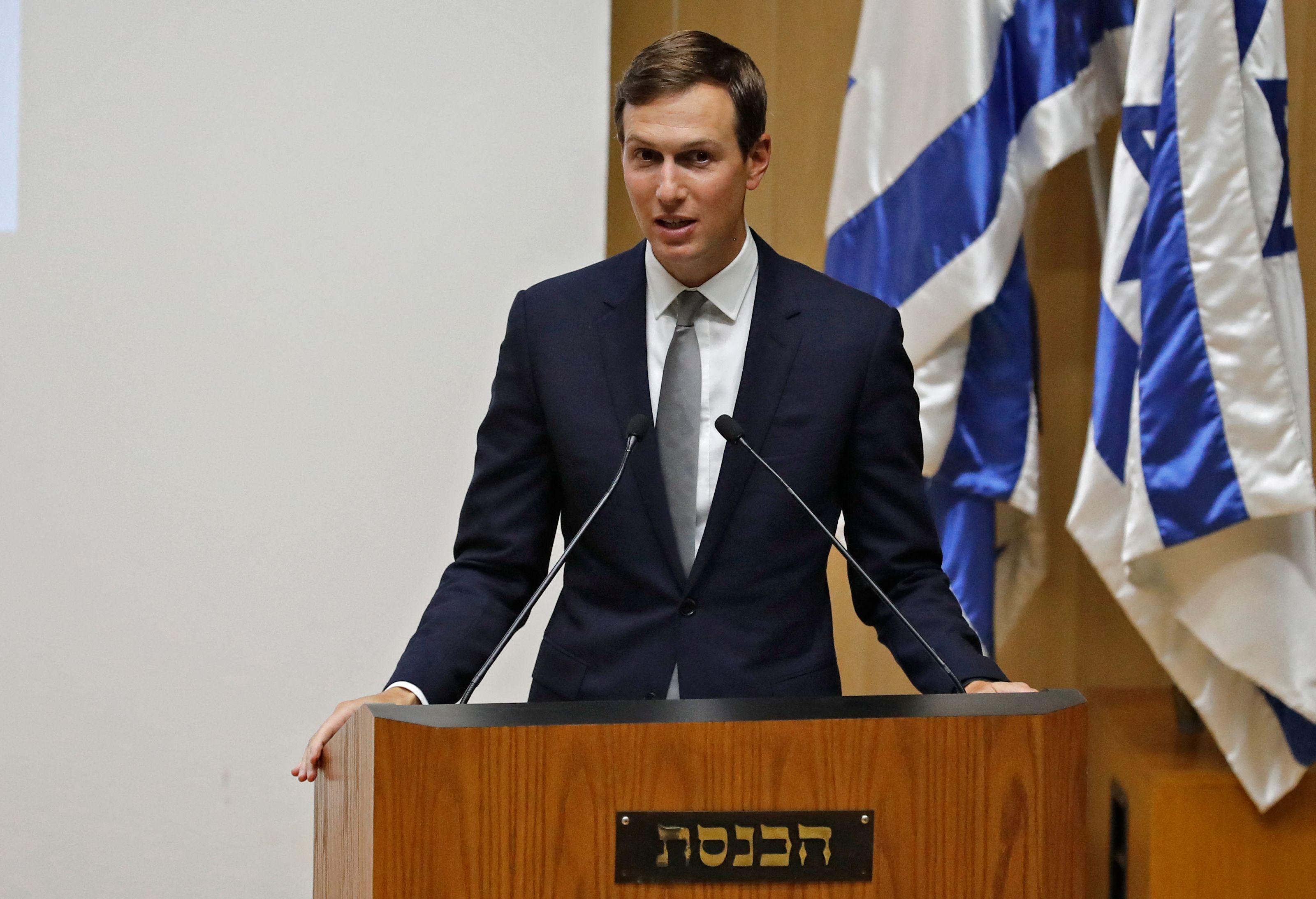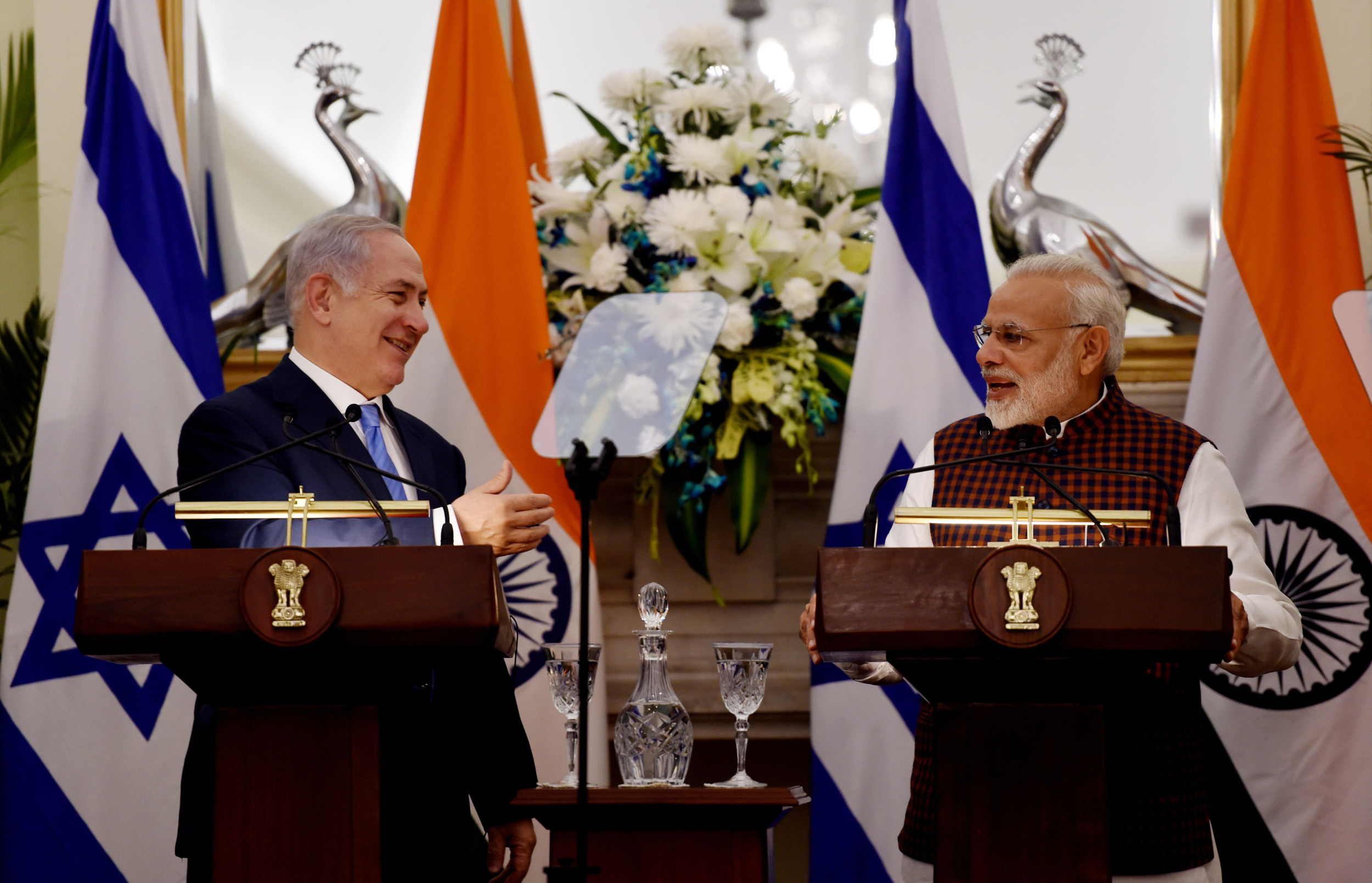Kate Middleton gave a World Mental Health Day speech name-checking a major royal project during a visit with Prince William—without mentioning Prince Harry's role.
Heads Together was the moment the younger generation of royals cast off the stiff upper lip for which the British aristocracy is famous and began talking about their mental health.
The most high-profile intervention was Prince Harry's bombshell interview on the Mad World podcast hosted by Bryony Gordon of U.K. newspaper The Daily Telegraph. In it, the royal discussed his grief over the death of his mother, Princess Diana.

However, Harry's high-profile role—which triggered a blizzard of front pages—appeared to have skipped the mind of the Princess of Wales during a speech in Birmingham, England, on Tuesday.
"William and I are absolutely delighted to be with you in Birmingham, on World Mental Health Day, for our Royal Foundation Youth Forum," Kate said.
"Mental health is something we both care deeply about. Back in 2016, we launched Heads Together, a campaign supported by so many wonderful partners, that helped break the stigma around mental health, and encouraged more people to have everyday conversations about it.
"Alongside the efforts of many others, we have seen real change. Today, more people feel empowered to talk about their mental health than ever before. This is a major step forward," the princess added.
Prince Harry's Contribution to Heads Together
Among Prince Harry's other major contributions, he attended the Veterans' Mental Health Conference at King's College, in London, alongside former members of the U.K. and U.S. Armed Forces in 2017.
Prince Harry's team also beat William and Kate's in a relay race that year in the run-up to the first-ever Mental Health London Marathon, where all three royals were on hand to encourage the runners.
The trio also ran a specific campaign under the banner #oktosay in which other celebrities also spoke out about their emotions.
During the royal trio's video, Harry said: "When you speak to other people's families and little kids, you think 'wow' I don't want them to have to go through the same things. With a little bit of experience, you want to help as much as you can and try and empower them to have that conversation."
However, the campaign's biggest splash came with Harry's comment to Gordon, in which he revealed for the first time that he had come close to a complete breakdown and sought therapy.
"I can safely say that losing my mum at the age of 12," the prince said, "and therefore shutting down all of my emotions for the last 20 years, has had a quite serious effect on not only my personal life but my work as well."
"My way of dealing with it," Harry added, "was sticking my head in the sand, refusing to ever think about my mum, because why would that help? (I thought) it's only going to make you sad. It's not going to bring her back.
"So, from an emotional side, I was like, 'Right, don't ever let your emotions be part of anything,'" the prince said.
Kate Middleton's World Mental Health Day Speech
During the rest of her speech, Kate praised the younger generation for discussing their mental health but said the focus also needed to switch to how such issues are spoken about.
"William and I continue to be inspired to see young people, like you all here today," Kate said, "leading this charge—being particularly brave in having some of those conversations yourselves.
"As a generation, you value and talk more about your mental health than any before you—something we truly admire and applaud," Kate added.
"So, we know, like you," the princess said, "that simply talking about mental health is just not enough. Because, although many more conversations are now taking place, it is now vital we spend more time focusing on how we talk about our mental health—and crucially, 'What are we are going to do, to build positive, preventative solutions to one of today's toughest challenges?'
"Positive mental health is shaped by our ability to understand and manage ourselves as individuals, and to connect with others through our relationships, friendships, families and communities," Kate said.
"We are living in a world, however, that is changing so fast, where social media and concerns about the threat of conflict, pandemics, climate change or the cost of living, can impact our emotional well-being and future hopes dramatically.
"On top of this, as young people, this can also be a time in your lives, when you perhaps feel the vulnerability of growing independence and self-consciousness. But, by gaining deeper insight into ourselves, we'll be better equipped to handle the external challenges we all encounter," Kate added.
Jack Royston is chief royal correspondent for Newsweek, based in London. You can find him on X, formerly Twitter, at @jack_royston and read his stories on Newsweek's The Royals Facebook page.
Do you have a question about King Charles III, William and Kate, Meghan and Harry, or their family that you would like our experienced royal correspondents to answer? Email royals@newsweek.com. We'd love to hear from you.








